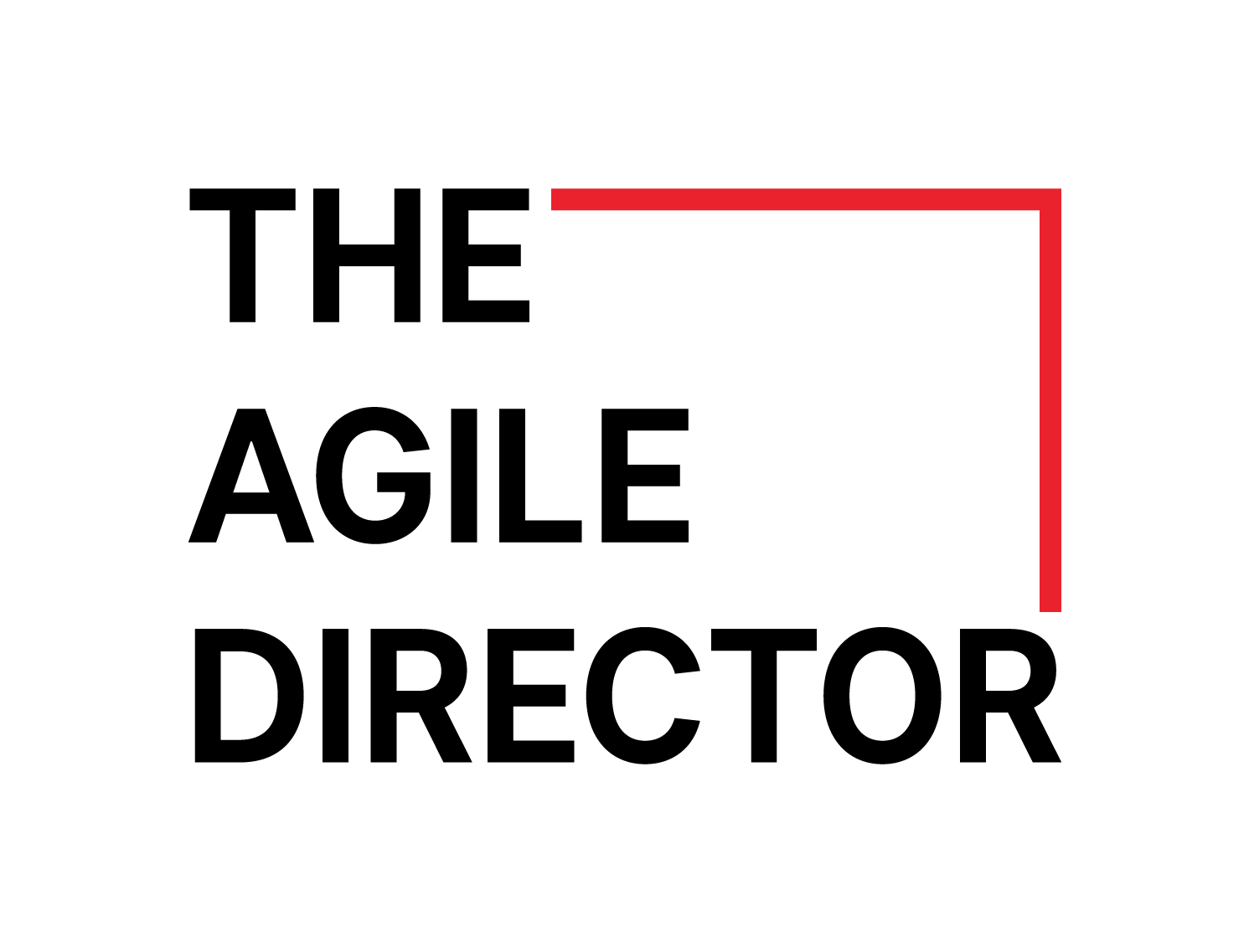The Executives Role in Governance
The executive’s vital role in Governance
It is not just the board that is responsible for the governance of an organisation. As an executive there are three opportunities;
- To work collaboratively as a Governance Team with the board.
- To enhance your governance skills so you are able to enact and model good governance, in delivering the strategic plan.
- Prepare yourself for a board role.
Any board will tell you they can not achieve good governance practices without a healthy relationship with the executive team. There are clear distinctions between oversight and getting things done. Good governance cannot be achieved without oversight and execution working together.
Governance is everyone’s business, understand how you can make a positive difference.
For many talented executives, directorship seems a natural next step in a corporate career. Adding value at a strategic level and bringing the experiences of a rich career to another company can be a very rewarding process.
The Global Governance Initiative (GGI) considers that prior to embarking on the path to directorship, executives stop and consider some critical questions:
• What skills and capabilities do I bring to the board table?
• Do I have a well-crafted strategy for developing my career?
• Do I have the right training to take on a directorship – particularly, do I understand the duties and liabilities of the role?
There are plenty of reasons why someone might choose not to pursue directorship, including:
• Concerns about the risks to their personal assets after building their wealth for many years;
• Worry that their reputation will be on the line after a career of excellence; and
• A sense that today’s legal and compliance environment is too cluttered with landmines to want to take responsibility for a modern day company. Read More https://ggi.community/directorship-its-ok-to-say-no/
What does it take to succeed as a governance professional?
True success as a governance professional lies in attaining a role that aligns with your values, interests and abilities – then, operating with integrity in the best interests of the organisation and wider society will then come naturally.
Episodes have been developed in collaboration with Bravo Consulting to explore what it takes to develop a director career pathway and the contribution you can make in a governance role. Our 6th course we call Succeed.
You’ll consider the fundamental part your leadership style plays in your unique influence, and how adapting it and using emotional acuity are essential director skills.
At the end of the Succeed, you’ll develop your director profile, so you are ready to apply for board roles. We’ll also discuss how to network genuinely to seek opportunities and contribute to your industry.
Getting started
“One of the most common misperceptions I’ve witnessed over the years is that people think good governance is hard, when it’s actually common sense,” said Donovan. “The problem is that the approach to governance education is often abstract, making it difficult for people to walk away with a clear set of actions to implement in their business.”
To start your governance journey, Donovan recommends reflecting on your organisation by looking at five key areas:
- Culture & Purpose – why does your organisation exist? Define this and ensure every employee feels connected to it. It needs to start at the top and reach every part of your organisation. It is essential to get this right before addressing any other areas.
- Society – what is your relationship to society, what impact do you have, or do you want to have and how does this align with your social and ethical obligations?
- Entrepreneurship – how are you balancing your strategy and risk to ensure your long-term sustainability?
- Prosperity – financial performance is key to an organisation, but it doesn’t exist in isolation. Look at how your financial approach supports your purpose and what balance works for you.
- Integrity – how do those at the top establish and display integrity of responsibility and behaviour? And how will you take responsibility for those decisions?
“I’d encourage anyone in an executive or board position to really think about the above areas. Even established organisations with a governance framework in place need to constantly check in to ensure their approach remains relevant. Recently, stakeholder expectations have been given a lot more weight and this may require a re-calibration of governance approach.”




